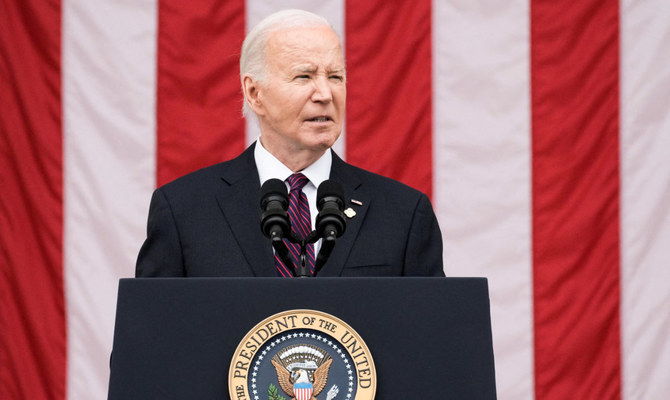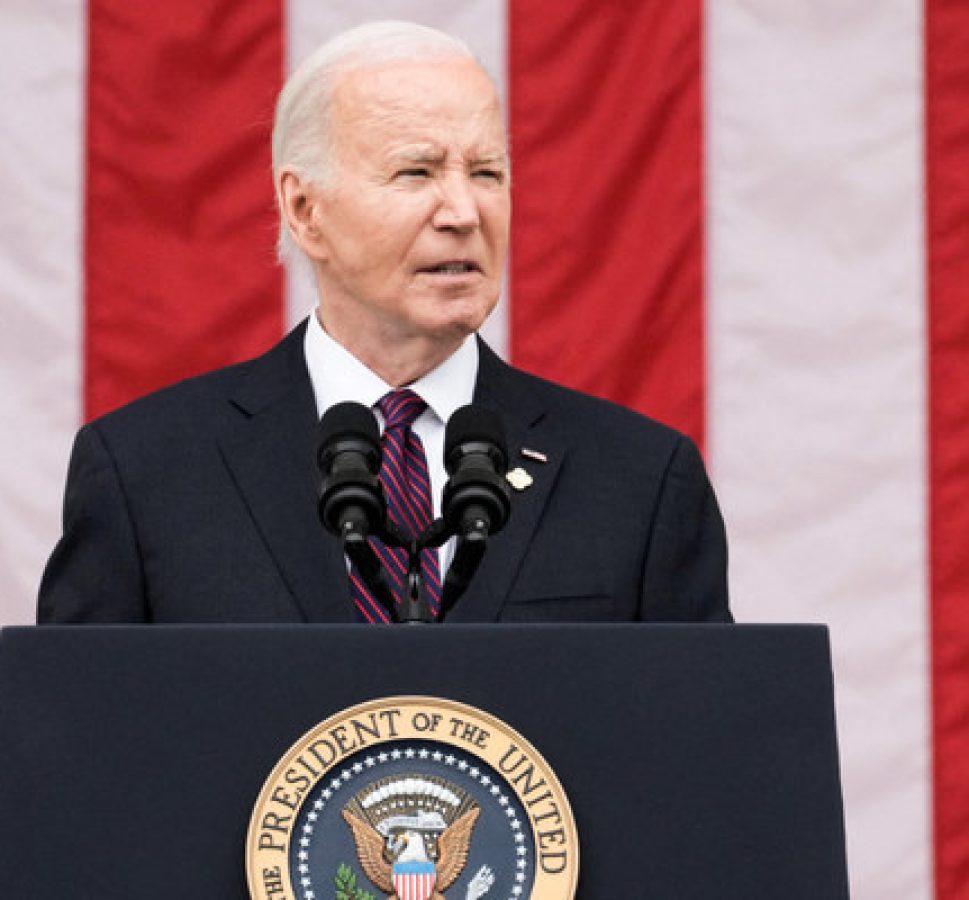
he United States will soon release about 1,700 500-pound bombs that it has been withholding from Israel, Axios reported Thursday night, once Israel’s military offensive in the southern Gaza city of Rafah draws to a close.
The outlet said the bombs were part of a weapons shipment to Israel that the White House paused in April, amid concerns that a Rafah invasion would result in unacceptable civilian casualties.
Citing unnamed American and Israeli officials, Axios said US officials told Defense Minister Yoav Gallant that the White House will continue, however, to withhold 1,800 2,000-pound bombs that were part of the same shipment.
Advisers to President Biden reportedly told Israeli officials that Netanyahu’s public statements on the topic had harmed efforts to release the bombs.
According to the report, Biden’s advisers told Strategic Affairs Minister Ron Dermer and National Security Adviser Tzachi Hanegbi that Israel would not receive the withheld shipment for now, because “the president was not taking orders from Netanyahu.”
Gallant traveled to Washington amid a diplomatic row between Israel and the US over the issue of the weapons shipments, following a video posted online by Prime Minister Benjamin Netanyahu earlier this month in which he harangued the White House for “withholding weapons and ammunitions to Israel.”
American officials told Gallant that there was never a policy to withhold the 500-pound bombs, but that they were “intermingled” with the 2,000-pound bombs in the same shipment, and as a consequence could not initially be released, Axios reported.
The White House has now agreed to separate the lower-payload bombs from the rest of the shipment, it said. The 500-pound bombs are set to be released after the Rafah offensive ends, which is expected to happen in about two weeks, Axios reported.
Defense Minister Yoav Gallant arrives at the State Department in Washington, DC, June 24, 2024. (Saul Loeb/ AFP)
US President Joe Biden commented on the withheld shipment in a debate Thursday night against his rival in the upcoming presidential election, former president Donald Trump.
“The only thing I’ve denied Israel was 2,000-pound bombs. They don’t work very well in populated areas. They kill a lot of innocent people. We’ve provided Israel with all the weapons they need,” Biden said.
Israel held back for months on its invasion of the key southern city amid intense opposition from Washington and other major international actors, but ultimately started the offensive in early May, asserting a strategic necessity to disable the last operating battalions of Hamas.
Israel has been at war with Hamas since October 7, when thousands of terrorists invaded southern Israel from the Gaza Strip, killing some 1,200 people and taking 251 hostages.
In response, Israel launched a major offensive in Gaza, vowing to destroy Hamas, return the hostages, and prevent Gaza from posing a security threat in the future.
Jerusalem now says it needs the bombs not for use in Gaza, but as part of the arsenal it needs to fight Iranian-backed terror group Hezbollah in southern Lebanon, according to Axios.
Fires and black smoke rise from between the houses of the northern Israeli border town of Metula, hit by Hezbollah shelling, as seen from the Lebanese town of Marjayoun, Lebanon, Saturday, June 22, 2024. (AP/Hussein Malla)
Since October 8, Hezbollah-led forces have attacked Israeli communities and military posts along the Israel-Lebanon border on a near-daily basis, prompting Israeli airstrikes in response.
The skirmishes have escalated in recent months, prompting concern that a major war could break out between Israel and the terror group.
Israel has demanded that Hezbollah withdraw its forces to positions north of the Litani River, in accordance with the United Nations Security Council resolution that ended the last major war between Israel and Hezbollah.
“We do not want war, but we are preparing for every scenario. Hezbollah understands very well that we can inflict massive damage in Lebanon if a war is launched,” Gallant said in Washington.






